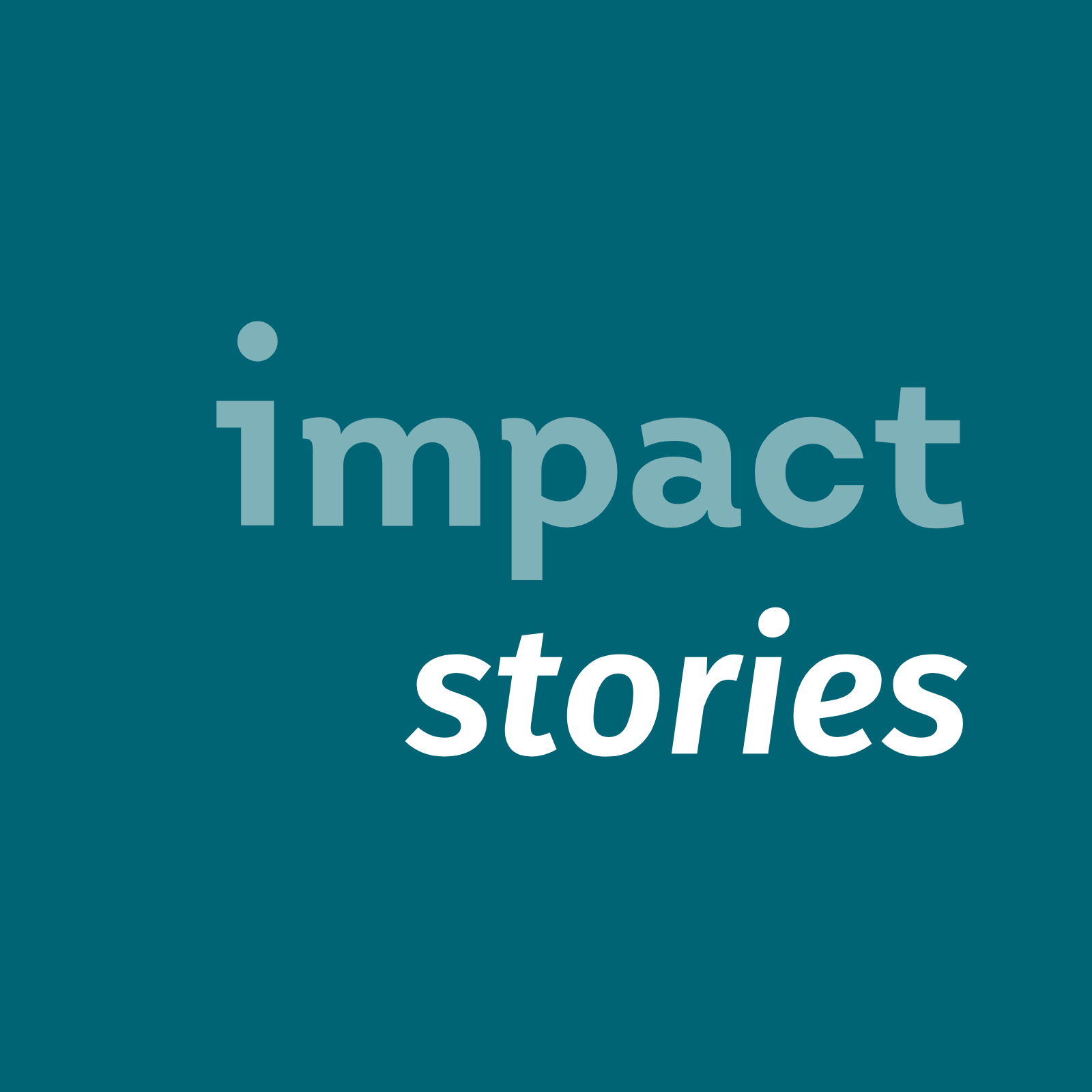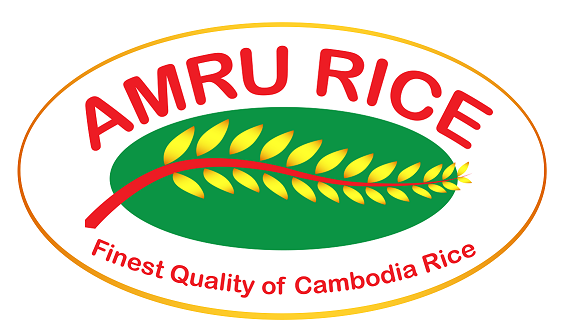

Amru Rice
Amru Rice re-invented contract farming in the Cambodian rice sector. By strengthening cooperatives and offering training on organic farming, it has helped smallholder farmers from poor provinces draw even with their peers in wealthier parts of the country. Today, Amru Rice is among the largest exporters of organic rice from Cambodia.
To start, can you briefly introduce yourself?
My name is Saran Song. In 2012, my wife and I founded Amru Rice to help smallholder farmers escape poverty in Cambodia. Now, I am the Chief Executive Officer of the company.
Why did you found Amru Rice?
My own family was poor after the civil war. I worked for NGOs to support people like them. Then, in 2010, the Cambodian government issued a series of policy measures to incentivise commercial rice farming. I believe that the private sector should create livelihoods for poor people, so I took the opportunity.

What does Amru Rice do?
We started as a trading company with three or four employees. Now, we are vertically integrated and have become the largest producer and exporter of certified organic rice in Cambodia.
How does your business model include smallholder farmers?
We reactivated contract farming in Cambodia. To source rice, we work closely with agriculture cooperatives, whose members are smallholder farmers. Farming contracts guarantee them higher incomes.

What is the special value you create for smallholder farmers?
We only work in poor provinces, where farmers lack financial resources, capacity, and market access. Over the last ten years, we have helped them draw even with farmers from wealthier provinces. They earn the same income, and buyers acknowledge the quality of their products.
What are you doing to help farmers draw even?
We pay them a premium for organic rice: twenty to forty percent on top of the market price, depending on quality.
Through trainings, our contract farmers have also been able to increase their yield while reducing input costs. In 2013, they produced about one ton of rice per hectare. Since then, this has more than doubled, and they are using only half as much seed.
Some cooperatives also produce organic cassava and cashew nuts to diversify farmer incomes. We buy these products through our sister company and export them to Vietnam and the Netherlands.
How do you cooperate with other actors?
We partner with NGOs, the provincial department of agriculture, and development organisations. NGOs have supported us in raising awareness for cooperatives, which, in turn, help organise the sector and increase farmers’ bargaining power with input providers. We also cooperate on things like financial literacy trainings, women’s empowerment programmes, and the protection of biodiversity.
How many smallholder farmers do you work with?
When we started contract farming in 2013, we worked with 500 smallholder farmers. Now, we represent nearly eighty per cent of contract farming in the Cambodian rice sector, working with 10,000 farmers. About fifty-five per cent of them are women, including many leaders of cooperatives. Other companies are replicating our model, but on a smaller scale.
How do you measure the impact you create?
We collect data on crop production and compliance with organic standards. In addition, we measure the income increase of individual contract farmers. To collect all these metrics, we conduct Snapchat surveys among the farmers we are working with. In addition, we have partnered with Oxfam to pilot a blockchain-based tool for our organic rice farmers.

What makes your business model viable?
As demand for organic food grows, Amru has developed a reputation for supplying high quality rice for consumption and manufacturers. This demand creates more profits and opportunities for growers.
Where do you market your products?
We exported about 10,000 metric tons of organic rice last year. Most of it went overseas, mostly to Europe. To avoid heavy competition, we also serve niche buyers like baby food manufacturers. All our business is B2B.
What’s the annual revenue of Amru Rice?
Our total annual revenue is about USD 40 million. About one third of it is derived from organic rice produced by contract farmers. For the rest, we purchase conventional rice from millers and traders.
Do you receive any support from outside the company?
We have received technical grants from different impact lenders and multilateral funders like Agence Française de Développement (AFD), United States Agency for International Development (USAID), SNV Netherlands, and responsAbility.

What are your plans for the next few years?
We want to double the number of contract farmers by 2022. If the pandemic hadn’t stopped us, we would have done so earlier.
How will you reach these numbers?
We need to inform more communities about our model and teach them about organic farming. In addition, we need to further diversify the market and find importers that are willing to pay for the impact we create. To reach these markets, we will invest in new equipment and improve our branding.
What do you need to realise these plans?
We would like to partner with more importers and financial institutions. Right now, we are not looking for additional investment, but this may change when the pandemic is over.

What challenges have you already overcome?
We invested a lot when we started contract farming. The supply chain was scattered, and trust was low, so we coordinated with many different players – cooperatives, NGOs, and government institutions – to build capacity and trust.
The biggest challenge, however, was the Covid-19 pandemic. We couldn’t move around to visit clients, logistics were disrupted, and many customers had to close their businesses. The farmers, too, were struggling to support their families. We sold rice at low cost to the local market or even donated it. Luckily, some of our partners have opened for business again and even agreed to pay in advance to support the farmers. We will resume shipments in October at the latest.
What inspires you to keep going despite these challenges?
I spent a lot of time working with NGOs to support vulnerable groups. This has shaped my core values. I have learned that trust can be built when we are able to listen and understand each other.
What advice do you have for other companies?
Entrepreneurs need to decide whether they really want to make an impact on the community they are operating in, and what they want to focus on. This commitment must come from the heart and translate into a core operating philosophy for the business.

The Impact Stories are produced by the Inclusive Business Action Network (iBAN). They are created in close collaboration with the highlighted entrepreneurs and teams. The production of this Impact Story has been led by Susann Tischendorf (concept), Sara Karnas (video), Katharina Münster (text and infographics), Christopher Malapitan (illustrations), and Alexandra Harris (editing). The music is royalty free. All photographs are courtesy of Amru Rice.
Updated: 09/2021.